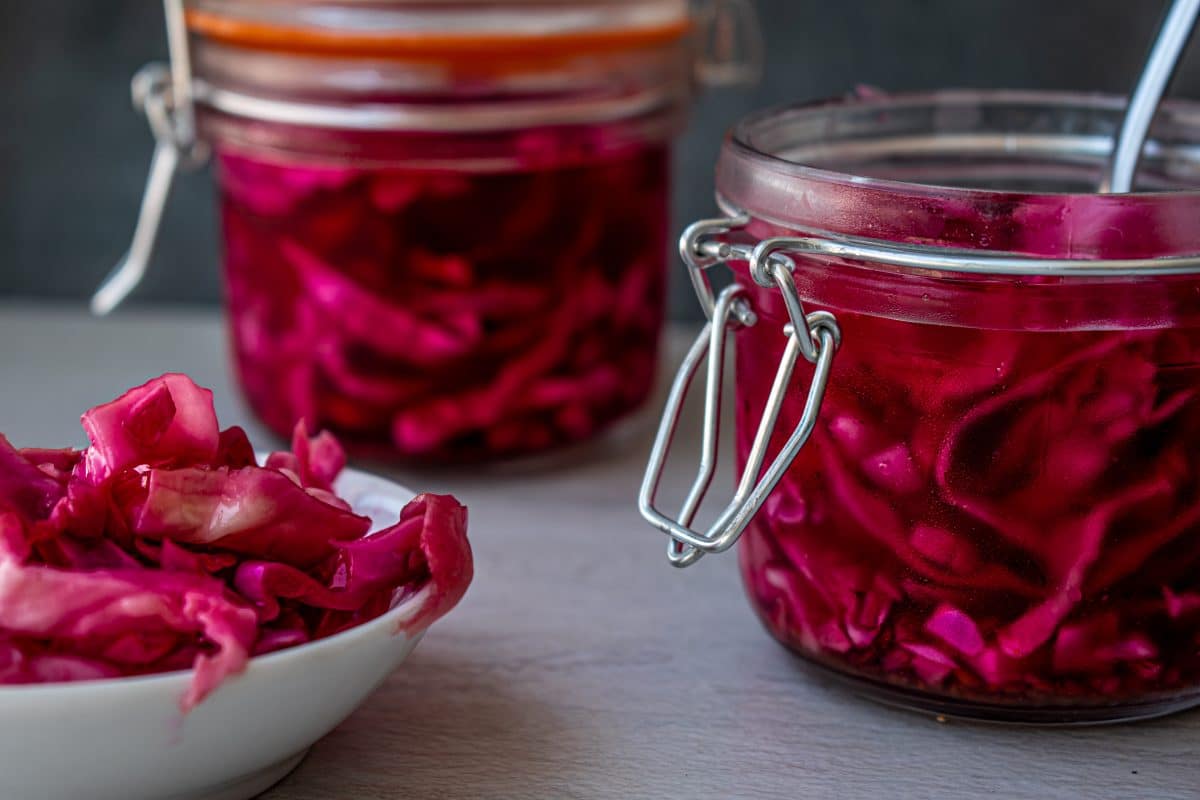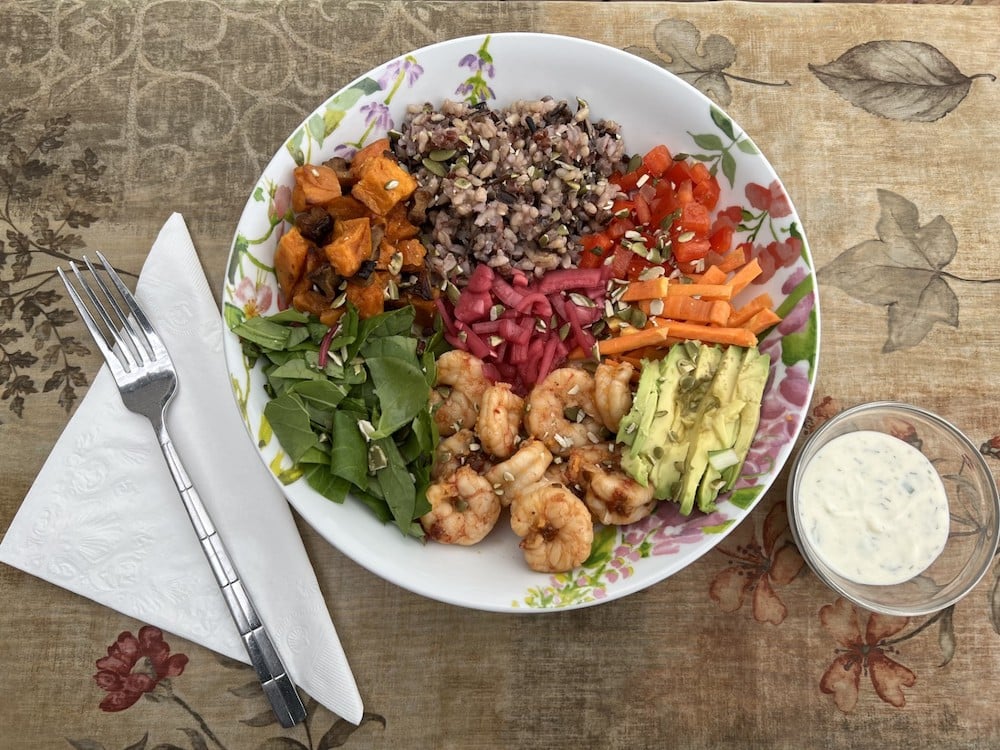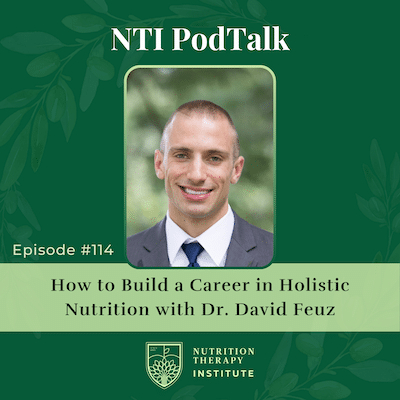
Share this post!
Welcome back to part 3, the final segment in our three-part series on cognitive health. Today we will discuss cognitive wellness and the link between gut health and immunity.
The gut houses as much as 80% of your body’s immunity. That alone tells us how critical it is to support our digestion, including the beneficial microbiota that reside within us.
We live in symbiotic relationship with our gut microbiota, and our immune system plays a mediator role to ensure our human cells and these microbes can co-exist peacefully. The truth is, we need beneficial microbiota for survival as much as they need us. Providing a healthy environment for them to thrive is essential.
When the immune system is overtaxed and starts attacking healthy tissue, we can develop an autoimmune condition. An estimated 23.5 million Americans are living with an autoimmune condition, with rates on the rise. It’s likely that autoimmune conditions develop or not based on the immune system’s threshold for handling stress. The tipping point of this threshold will vary from person to person and is influenced by environment and lifestyle. It’s estimated that one-third of total risk for developing autoimmunity is genetic, and the other two-thirds is environmental. This is another compelling reason to nurture the body from the inside out.
The Brain and the Microbiome
A high diversity of microbiota has been shown to be protective against neurodegenerative diseases. [1] Gut microbiota vary widely from one person to the next; like snowflakes, no two microbiomes are exactly alike. The variability of your gut microbiota depends on several factors: your genes, your mom’s microbiota (owing to the birthing process), the microbes of the people you live with, what you eat, the activity of your brain, and the state of your mind. [2] And while we can’t control which genes we’ve inherited nor the microbiotic state of our moms, we do have a say when it comes to what we eat and the thoughts we have.
To further emphasize the importance of nurturing a healthy microbiome, one study showed how prebiotics and probiotics – both modulators of microbiota – reduced cortisol (stress) hormones and improved mood in healthy volunteers. In a world where stress and anxiety levels are climbing, these findings are something to take to heart.
Another interesting thing to mention is the role of astrocytes in maintaining a healthy brain. Astrocytes are the most abundant glial cell type of the central nervous system; some of their functions in the brain include regulating transmission of electric impulses and protecting the stability of the blood-brain barrier, which acts as the gatekeeper for agents moving to and from the brain while also maintaining homeostasis in the brain. Emerging research is showing that the overactivation of astrocytes may be a mechanism involved in the development of such neurological disorders as epilepsy, stroke, and Alzheimer’s disease. Activation of these star-shaped glial cells is affected by metabolites from gut bacteria, and studies show that metabolites are directly affected by diet. [3]
How to support your immunity and your gut with food:
Strive to be regular:
We can’t talk about the health of the gut without mentioning poop! Filtered water and fiber are so important for digestive health. We want it to be easy, not strained or uncomfortable! Equally important, if you notice undigested food in your stool, consider taking broad-spectrum digestive enzymes to help your body digest. A nutritionist can help you select appropriate supplements if you decide to go that route. It’s also important give your body a fair opportunity to digest. The simple act of slowing down while eating helps, and so does walking after eating. Remember to chew thoroughly, too!
Spend time outdoors:
When we’re stressed, the body’s ability to fight infection is reduced. Vitamin D is an essential nutrient to a robust immune system and to our gut microbiome. Vitamin D is known to enhance the health of the intestinal barrier. Deficiency of Vitamin D is associated with increased risk for infection and autoimmunity.
Tune in:
Notice whether certain foods cause symptoms such as bloating, gas, pain, or lethargy. These symptoms aren’t “normal” and are indicative of possible food sensitivities. Food sensitivities tax the immune system and harm the gut. The best way to identify food sensitivities and allergies is through a blood test and an elimination diet. A nutritionist or functional MD can also help you with this.
Eat more prebiotics:
Prebiotics are plant fibers that beneficial gut bacteria need to grow and thrive. Foods rich in prebiotics are garlic, sunchokes, onions, leeks, asparagus, bananas, barley, dandelion greens, apples, yams, konjac (found in shirataki noodles), flaxseeds, and jicama. Note: people with irritable bowel syndrome or SIBO (small intestinal bacterial overgrowth) may experience adverse reactions to foods with prebiotics, and it is recommended to eliminate foods with prebiotics while treating either of these digestive disorders.
READ MORE >>> Enhancing Gut Health: The Power of Prebiotics
Eat more probiotics:
Probiotics are living microbes that we add to our existing population of gut microbiota with foods we eat. Foods that contain probiotics are fermented foods: yogurt, kefir, kimchi, sauerkraut, miso, tempeh, natto, sourdough bread, pickles, and some cheeses. Not all wheat and dairy are created equal, however, so be sure you don’t have a sensitivity to either of these foods and choose the highest quality possible (i.e. organic sourdough made with ancient wheat, raw fermented dairy from pastured animals).
Examples Of Small Changes To Make Now:
- Add ¼ C fermented veggies to lunch and dinner.
- Set timers to ensure you’re drinking water consistently.
- Purchase 3 foods from the prebiotics list per week and incorporate them into your meals.
- Eat at least 3 servings of cruciferous veggies each week (and work up to 5 weekly servings). These include broccoli, cauliflower, Brussels sprouts, broccoli sprouts, kale, cabbage, mustard greens, and bok choy.
- Soothe your nervous system and prepare for digestion by taking 10 deep belly breaths before each meal.
- Take 10 minutes each day to sit outside in the sun.
- Eat dinner sitting down without the distraction of your phone, a book, or the TV.
- If you typically eat at your desk, take lunch outside a few times per week.
- Go for a walk after lunch three times each week.
In the Long Term
You always knew how important your brain was, but maybe you didn’t think about how intimately it was tied to the health of your heart, hormones, and gut. If you or someone you know suspects cognitive decline, I recommend you find an integrative physician who is certified in the ReCode Protocol.
My hope is that you’re inspired to make small daily changes now so that you can optimize your cognitive health for the long term. Every deliberate action you take in support of your long-term goal is a win. Have compassion for yourself along your journey. You’re worth it.
Visit realfooddesire.com to download a free e-book with tips and recipes to support your long-term cognitive health.
Related Reading…
Understanding Probiotics and Prebiotics
Resources:
[1] Mayer, Emeran, The Mind-Gut Connection: How the Hidden Conversation Within Our Bodies Impacts Our Mood, Our Choices, and Our Overall Health, HarperCollins Publishers, July 2016. [2] Mayer, Emeran, The Mind-Gut Connection: How the Hidden Conversation Within Our Bodies Impacts Our Mood, Our Choices, and Our Overall Health, HarperCollins Publishers, July 2016. pg 17 [3] Emily R Leeming et al, Effect of Diet on the Gut Microbiota: Rethinking Intervention Duration, Nutrients, 15 October 2019.Try a Course – Commitment-Free
Are you curious about NTI’s courses but are not ready to commit just yet? We have options for you! We offer the option to apply as a Single Course Enrollment (SCE) student. This allows you to take your first course as a “taster” course without paying any application fees or going through the full application process. Ready to start? The SCE application only takes a few minutes to complete. There’s no reason to wait, apply, and start today!
About the author: Jacqui Gabel is a graduate of the Nutrition Therapist Master and Natural Food Chef programs at Nutrition Therapy Institute. She is passionate about child nutrition and health equity. She cooks privately for individuals and families in the greater Denver area and creates content for Sticky Fingers Cooking. She’s happiest with her hands in the dirt, behind a camera, at a concert, or in a noisy, crowded kitchen. Visit Real Food Desire for more, including an eBook for additional tips on how you can optimize your long-term cognitive health.
Image by the Matter of Food is free for use by Unsplash
Share this post!


















